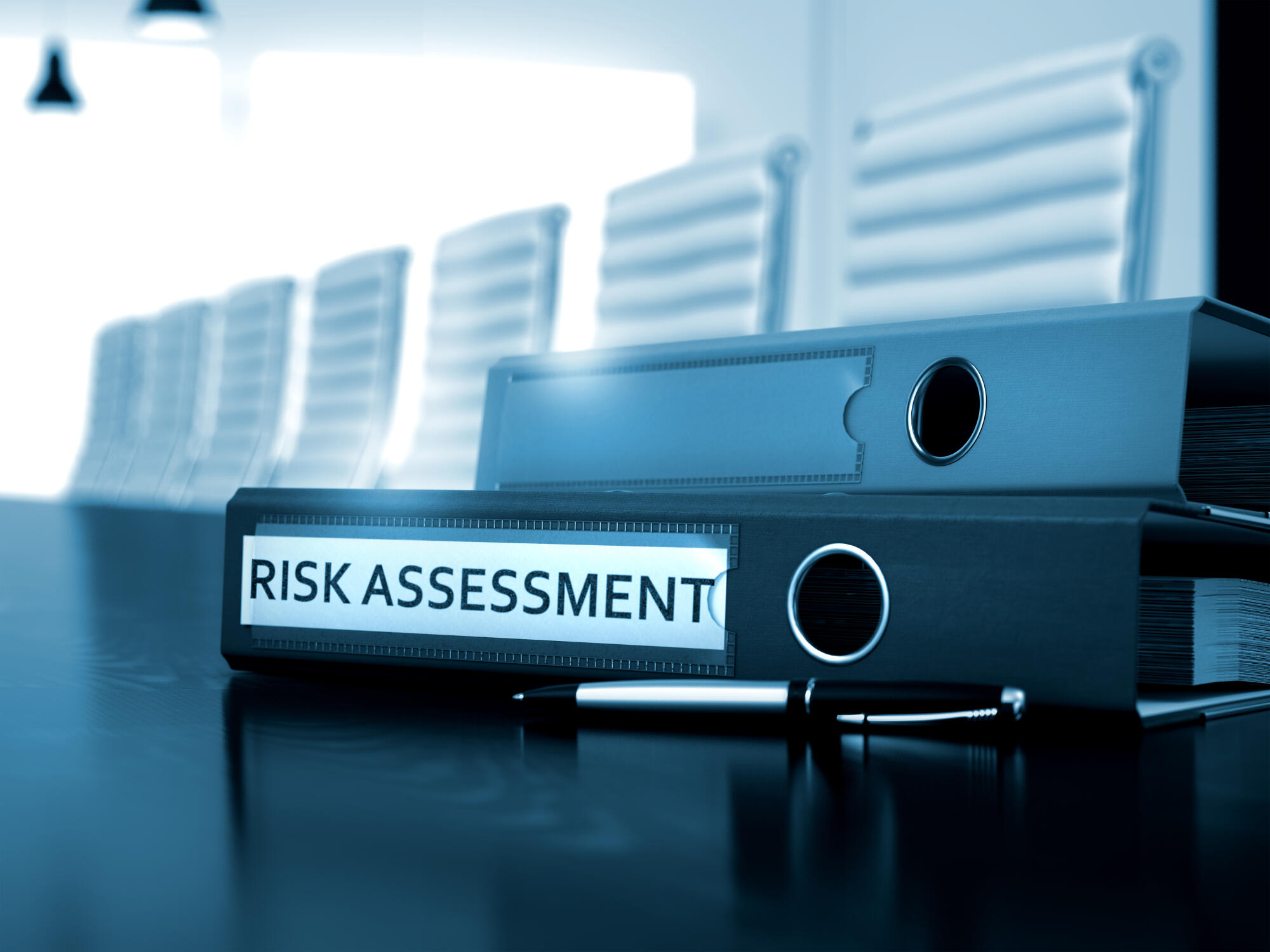
Covering Your Bases: The Role of Insurance in Business Continuity Risk Management
If something bad happened to your business, have you ever thought about what would happen? Things that you didn’t expect, like natural disasters or cyberattacks, can stop your business from running smoothly and even cost it its life.
Insurance is very important in this case. Once you finish reading this post, you’ll know why insurance is an important part of managing business continuity risks. Keep reading!
Understanding Business Continuity Risk
There is a chance that something out of the ordinary will stop your business from running. This is called business continuity risk. Risks like these can come from lots of places, like natural disasters, cyberattacks, broken tech, or even pandemics.
When you plan for business continuity, you make sure that your company can keep going or quickly get back to normal if something goes wrong. Businesses need to find these risks and lower them if they want to be strong.
The Importance of Business Resilience
It means that a business can change and get back on its feet after problems. It’s not enough to just get through a disaster; you have to also do well even when things go wrong. When a business is resilient, it can keep important operations going and get back on its feet faster after setbacks.
A lot of the time, being tough means having good insurance and backup plans ready. By getting ready for the worst, businesses can cut down on lost time and money.
Key Insurance Strategies for Business Continuity
Insurance is a vital part of any business continuity plan. It provides financial protection against various risks that can disrupt your business. Here are some key insurance strategies to consider:
Property Insurance
If your buildings, equipment, or inventory get damaged, your property insurance will pay for it. You can quickly fix or replace damaged property with this insurance, so your business can get back to work as soon as possible. It is important to check your coverage limits often to make sure they match the value of your assets at the moment.
Business Interruption Insurance
In the event of a disaster, business interruption insurance will pay for the lost income that a company experiences. This kind of insurance can help you pay your regular bills, like rent and salaries, even if your business stops running.
During the recovery period, it makes sure that your business can keep making money. This coverage is very important for keeping cash flow going and making sure the business will be around for a long time.
Liability Insurance
Liability insurance keeps your company safe from claims that your products, services, or business operations hurt or damaged someone. This coverage is important to keep your business safe from legal and financial problems.
It can pay for settlements, legal fees, and medical bills. You can protect your business’s reputation and finances by getting enough liability insurance.
Cyber Insurance
Cyber threats are a big problem for businesses of all sizes in this digital world. Cyber insurance protects you financially from data breaches, cyberattacks, and other online threats.
This insurance can pay for the costs of looking into and responding to a cyber incident, as well as legal fees and the cost of letting customers know about the problem. Getting cyber insurance is an important part of being ready for disasters in the digital age.
Implementing Contingency Planning
Contingency planning involves developing a plan to respond to potential disasters or disruptions. This plan should include steps to protect your employees, secure your assets, and maintain operations. Here are some key elements of an effective contingency plan:
Risk Assessment
Do a thorough risk assessment to find out what could go wrong with your business. This includes things like natural disasters, cyber threats, broken equipment, and other risks that are unique to your business. When you know about these risks, you can make targeted plans for reducing them and getting back on your feet.
Emergency Response Plan
A business should know what to do right away in case of an emergency by having an emergency response plan. This includes how to get out of the building, how to talk to people, and how to protect important things. Make sure that everyone on the team knows about this plan, and do regular drills to keep everyone ready.
Business Continuity Plan
A business continuity plan (BCP) tells you how to keep your business running during and after something goes wrong. This includes figuring out what functions are necessary, where to store backups, and how to recover data. Review and update your BCP regularly to keep it up to date with new risks and changes in your business.
Training and Awareness
Training and awareness are important parts of planning for what to do in case of an emergency. Make sure that every worker knows what they need to do in case of an emergency.
Hold training sessions and drills regularly to keep everyone ready. Encourage proactive risk management and disaster preparedness to build a culture of resilience.
Financial Protection with Small Business Insurance
Small business insurance covers a lot of different risks, like being sued, having property damaged, and having to close for business. To protect their money, small businesses need to make sure they have the right insurance.
It makes sure that when things go wrong, your business doesn’t have to go through a lot of financial trouble. You can keep your business safe and make it stronger by getting small business insurance.
Reviewing and Updating Your Insurance Coverage
For effective business continuity risk management, you need to review and update your insurance coverage regularly. Your risks and insurance needs may change as your business grows and changes.
Talk to your insurance company once a year to make sure your coverage is still enough. You should keep your policies up to date to include new assets, changes to how you do business and new risks. Being proactive with your insurance plan will protect you forever.
The Role of Insurance in Business Continuity Risk
To effectively manage business continuity risks, you need to buy insurance. By covering a wide range of risks and making sure you can quickly get back to normal after a disruption, you can protect your finances and make your business more stable. In the long run, this will make your business stronger.
What did you do to find this guide? Excellent work! Please go to our website for more information.








